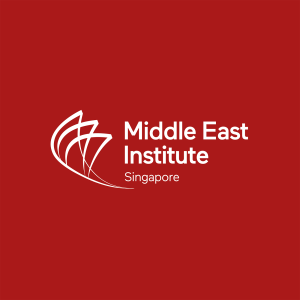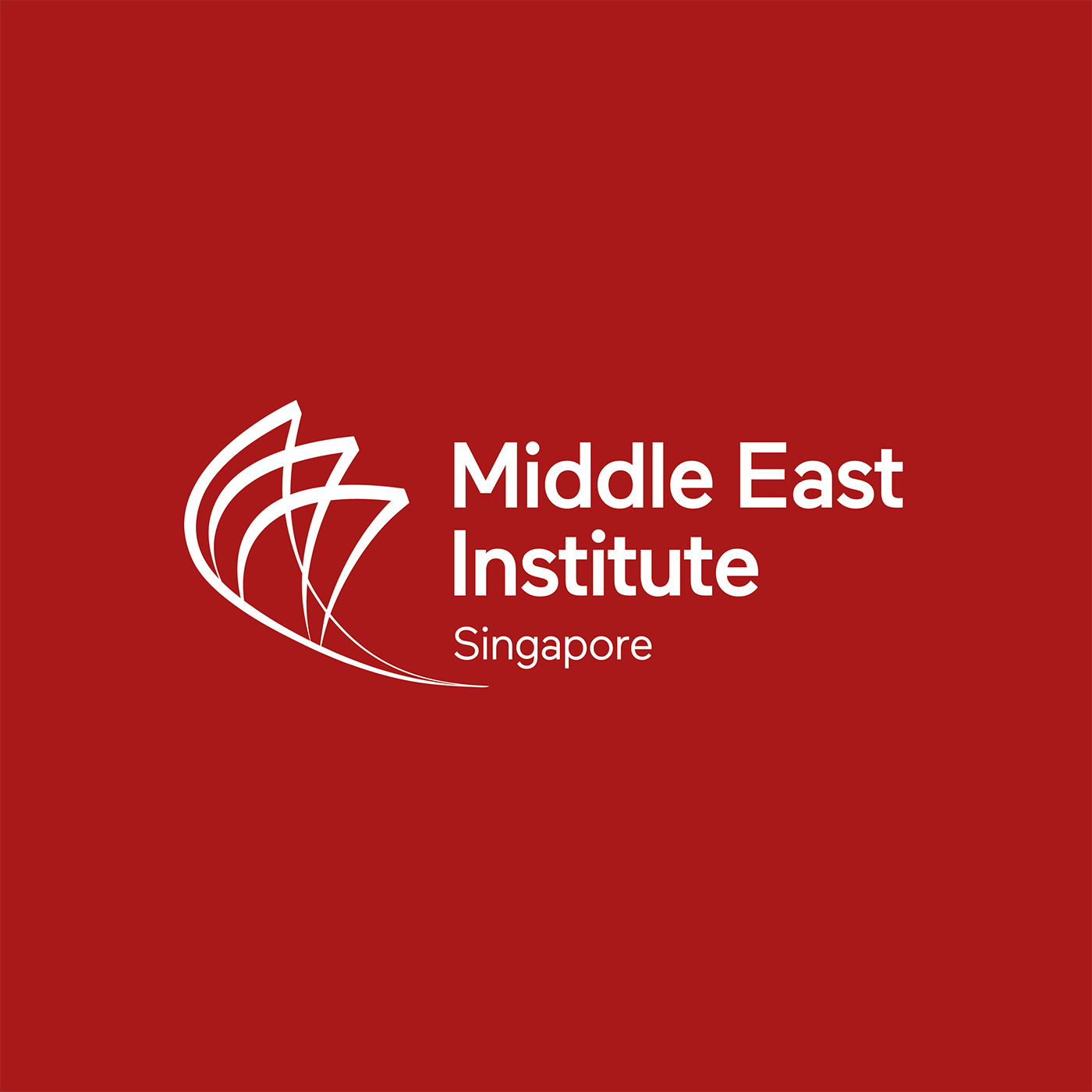Episodes

Monday Feb 10, 2025
ME Outlook 2025: Shifting Security Dynamics in the Gulf
Monday Feb 10, 2025
Monday Feb 10, 2025
Dr Rory Miller, Professor of International Politics at the Georgetown University of Qatar, discusses the shifting security dynamics in the Gulf region, particularly how inter-state relations might evolve with the return of the Trump administration in 2025. He also explores the prospects and pitfalls of the ceasefire in the Israel-Hamas war, providing a summary of the key issues at play.

Monday Feb 17, 2025
ME Outlook 2025: China’s Expanding Footprint in North Africa
Monday Feb 17, 2025
Monday Feb 17, 2025
In recent years, China’s relations with North Africa have evolved significantly, driven by strategic economic interests and geopolitical considerations. As China expands its Belt and Road Initiative (BRI), North Africa’s strategic location—linking Europe, the Middle East, and sub-Saharan Africa—makes it increasingly important. Looking ahead, China’s engagement in the region is expected to deepen, particularly in the digital economy, renewable energy, and space cooperation. However, despite strong mutual interest in strengthening ties, Sino-North African relations should not be overstated, as China’s presence and influence in the region remain far below that of the US and the EU.

Monday Feb 17, 2025
ME Outlook 2025: The Gulf in the Energy Market
Monday Feb 17, 2025
Monday Feb 17, 2025
As Trump returns to office and lifts the freeze on LNG export permit applications, the global LNG landscape is set for another shake-up. Importing countries are closely watching how the US leverages LNG in trade negotiations, while competing producers, particularly Qatar, brace for intensified competition. With its 80% expansion of the North Field announced in early 2024, Qatar must now navigate a market where US LNG suppliers offer more flexible, destination-free contracts.
In this interview, MEI Senior Research Fellow June Park speaks with Dr Steven Wright, Associate Professor and Associate Dean for Academic Affairs at Hamad Bin Khalifa University, to unpack the implications of these developments on the Gulf’s role in the global energy market.

Wednesday Feb 19, 2025
ME Outlook 2025: US' Middle East Policy Under President Trump
Wednesday Feb 19, 2025
Wednesday Feb 19, 2025
Grant Rumley, Senior Fellow at The Washington Institute for Near East Policy, speaks with Clemens Chay, MEI Research Fellow, about the significance of Israeli Prime Minister Benjamin Netanyahu and Jordan’s King Abdullah visiting Washington in the early weeks of Donald Trump’s presidency. Rumley highlights President Trump’s unconventional diplomatic style and his aim to foster peace and stability in the Middle East. Comparing policy trends across the Trump and Biden administrations, he notes that while Trump’s approach is more bilateral, there are notable parallels. Although Trump often wields the stick, he also remains open to new offers—a strategy, Rumley argues, that compels foreign leaders to assess whether the president is calling their bluff.

Tuesday Feb 25, 2025
ME Outlook 2025: The Gulf’s Diversification Through Minerals and AI
Tuesday Feb 25, 2025
Tuesday Feb 25, 2025
The Gulf states, rich in mineral reserves—Saudi Arabia with gold, silver, copper, nickel, iron ore, and aluminum, and the UAE with limestone, copper, and gypsum—are increasingly positioning themselves as key players in the global critical mineral market. As the demand for clean energy technologies, particularly in EV batteries, grows, and as AI continues to drive heavy energy consumption, these states are embracing the mining, processing, and trading of critical minerals. This strategic shift is part of their broader effort to diversify their economies, reduce reliance on oil, and secure a leading role in the future global economy. Global Distinguished Professor of Environmental Studies and Public Policy at NYU Abu Dhabi Sophia Kalantzakos discusses these in the final edition to the ME Outlook series.

